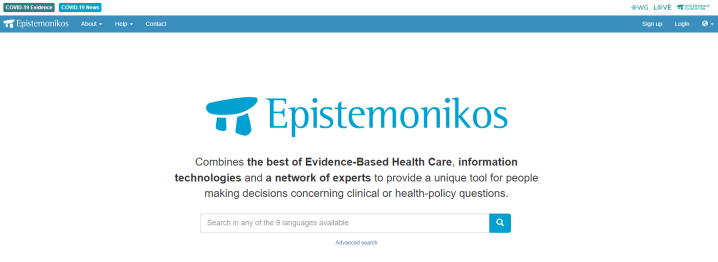Teaching Open Science/Scholarship Practices
What does it mean to teach open science research practices? An important component of open science (OS) is training and teaching OS practices in the curriculum (undergraduate or graduate) in order to instill OS practices in the current and future generation of professionals and researchers (Azevedo, et al., 2021; Strand & Brown, 2019). When it comes to teaching open science practices, there are various examples … Continue reading Teaching Open Science/Scholarship Practices


